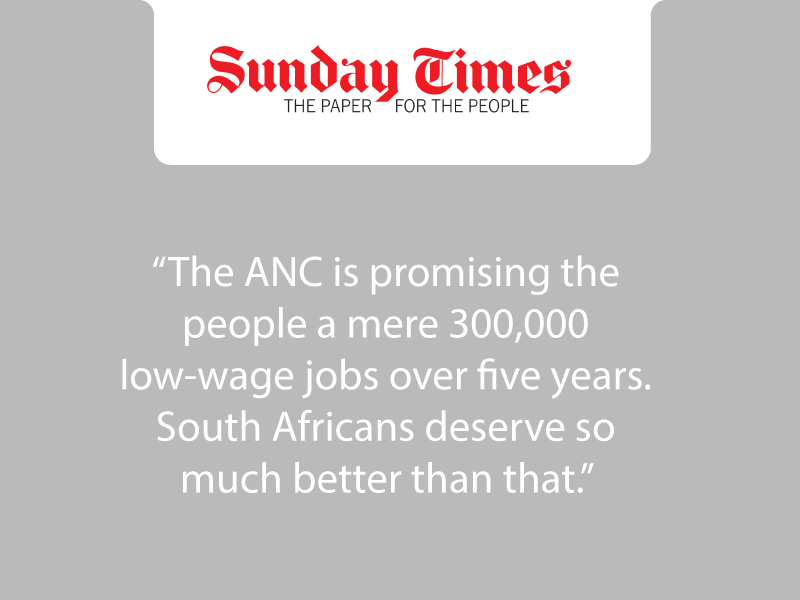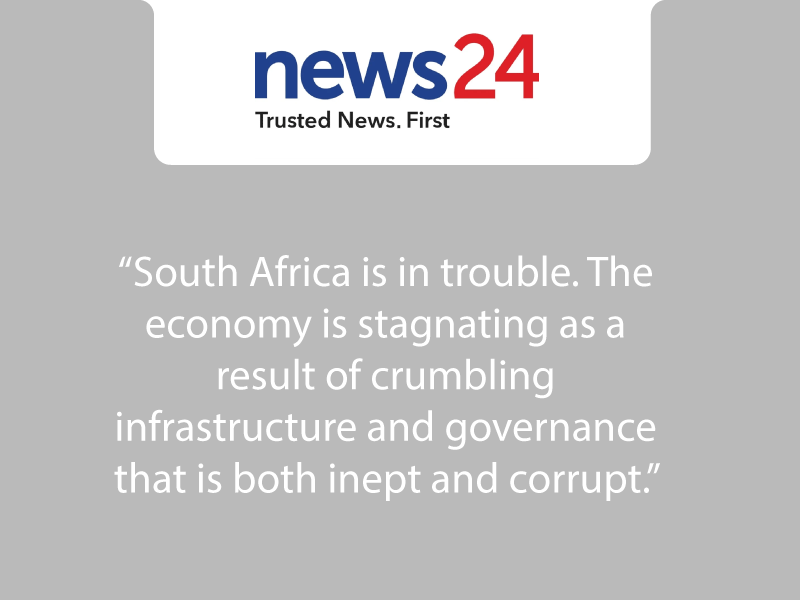
South Africa is significantly disadvantaged by the poor performance of its maths and science education system. Investment in research and development, and innovative developments in technology, are vital ingredients for gaining a competitive edge in an increasingly global environment. Yet South Africa cannot hope to develop innovative technologies – or even to apply technologies developed by others – without a large and growing number of people with a sound maths and science education.
Some of South Africa’s leading corporations asked the Centre for Development & Enterprise (CDE) to research maths and science schooling performance. The companies were concerned about the dwindling supply of school-leavers, particularly Africans, with higher grade (HG) maths and science available to take up sponsored bursaries in South African universities and technikons.
CDE’s research has found South Africa is facing a national crisis in HG maths and science schooling. The extent of the crisis is illustrated by the following statistics: between 1991 and 2003, HG enrolment plummeted by 32,95 per cent while total enrolment for senior certificate (SC) maths increased by 90,4 per cent. Only 23,42 per cent of all HG maths graduates were African. One-fifth of secondary schools did not offer SC maths at all and only half offered HG maths. Where maths was offered, one-third of schools achieved pass rates of 0 per cent-19 per cent.
The crisis is worsened by the fact that the entry of newly qualified maths and science educators is not even keeping pace with retirements, retrenchments, and losses to other sectors, never mind increasing the country’s resources in these subjects. In 2000, the number of students at teacher training colleges was 56 per cent less than in 1994.
Nevertheless, CDE’s research has also picked up strengths in the education system on which we can build. Rather than simply lament the crisis, CDE has drawn up a set of achievable and practical recommendations in the context of limited capacity and resources.
The first step is to realise that South Africa does not have the capacity to change everything at once – and certainly not the capacity today to introduce a bottom-up reform initiative starting in primary schools. Rather, a step-by-step reform programme needs to be agreed.
CDE recommends that South Africa establish a dedicated maths and science task force, led by a cabinet minister and a senior business leader. This task force should adopt a five-year programme and be held accountable to parliament for delivery. The goal of the task force would be simple: double the number of HG maths and science passes in five years.
To achieve this goal, we must intervene in grades 10-12 and focus on increasing the number of good HG passes over a short period. Then we must try to draw as many of these graduates as possible back into education and retain them.
We must:
- Build on the potential in the school system: identify all high-performing schools and investigate ways in which they could play a bigger role. Devise programmes to help those schools delivering modest pass rates to improve their performance. Link incentives to goals so that schools are encouraged to climb the ladder of success.
- Increase the supply of qualified maths and science educators: identify where qualified and able educators are in the schooling system. Retain existing, competent educators through a programme of incentives. Institute a new, more systematic approach to the professional development of such educators – successful international models are available. If necessary, bring in trained educators with excellent language skills from abroad.
- Introduce a nationwide aptitude test to identify learners with talent and provide financial support for attendance at an effective school.
Producing enough high-quality maths and science graduates is an essential component of building our economy. South African leaders need to agree that maths and science is the country’s top educational priority and ensure other policies do not undermine this critical area. Bold action is required.
- Ann Bernstein is the executive director of the Centre for Development and Enterprise. This article is based on the CDE publication ‘From laggard to world class: reforming maths and science education in South Africa’s schools’ (November 2004).




